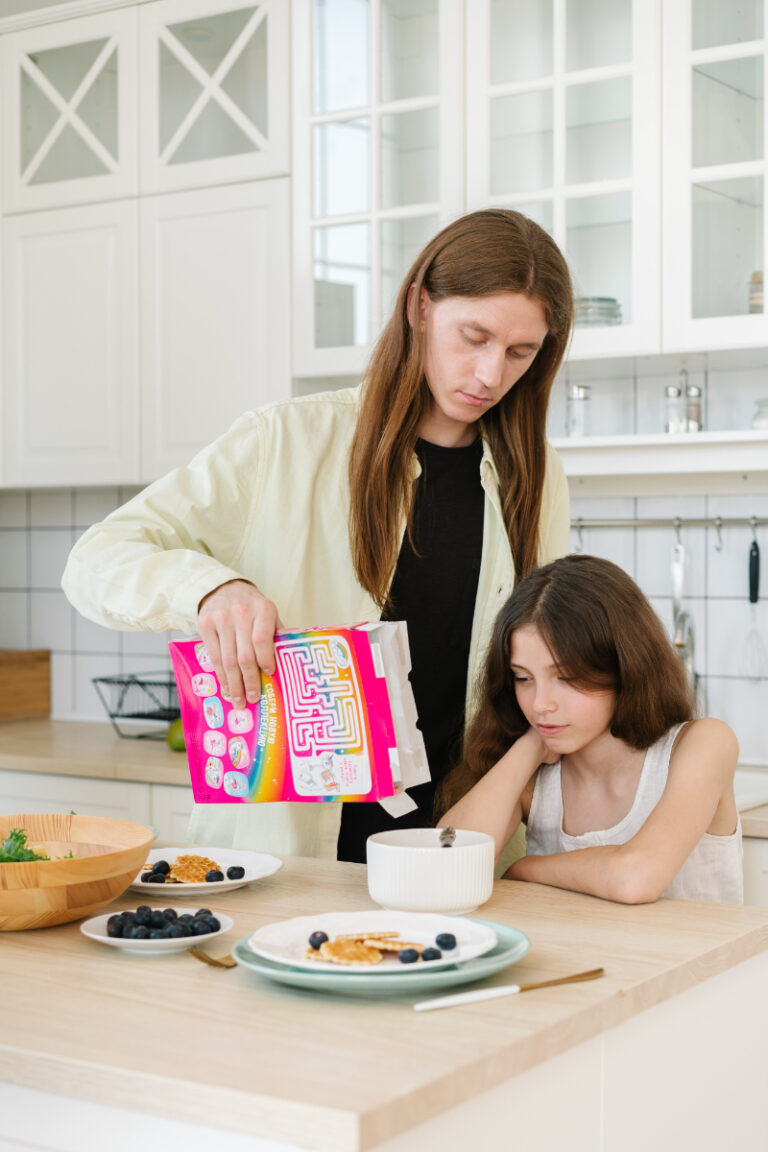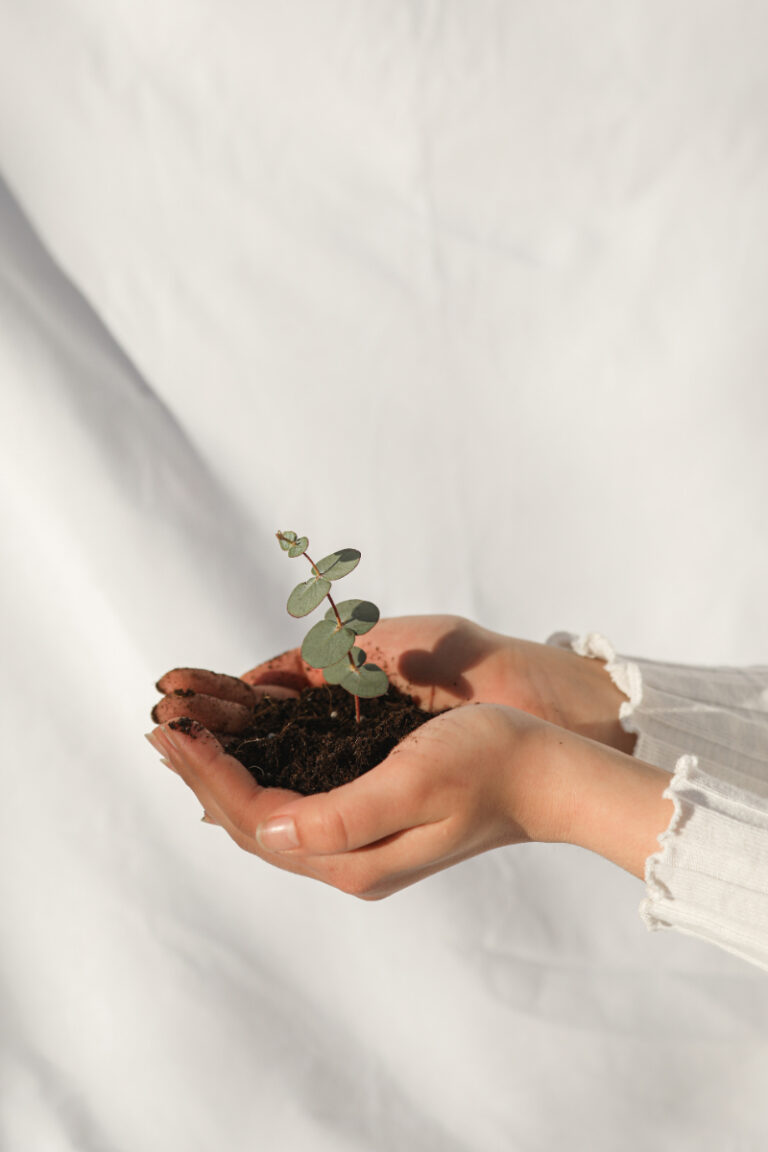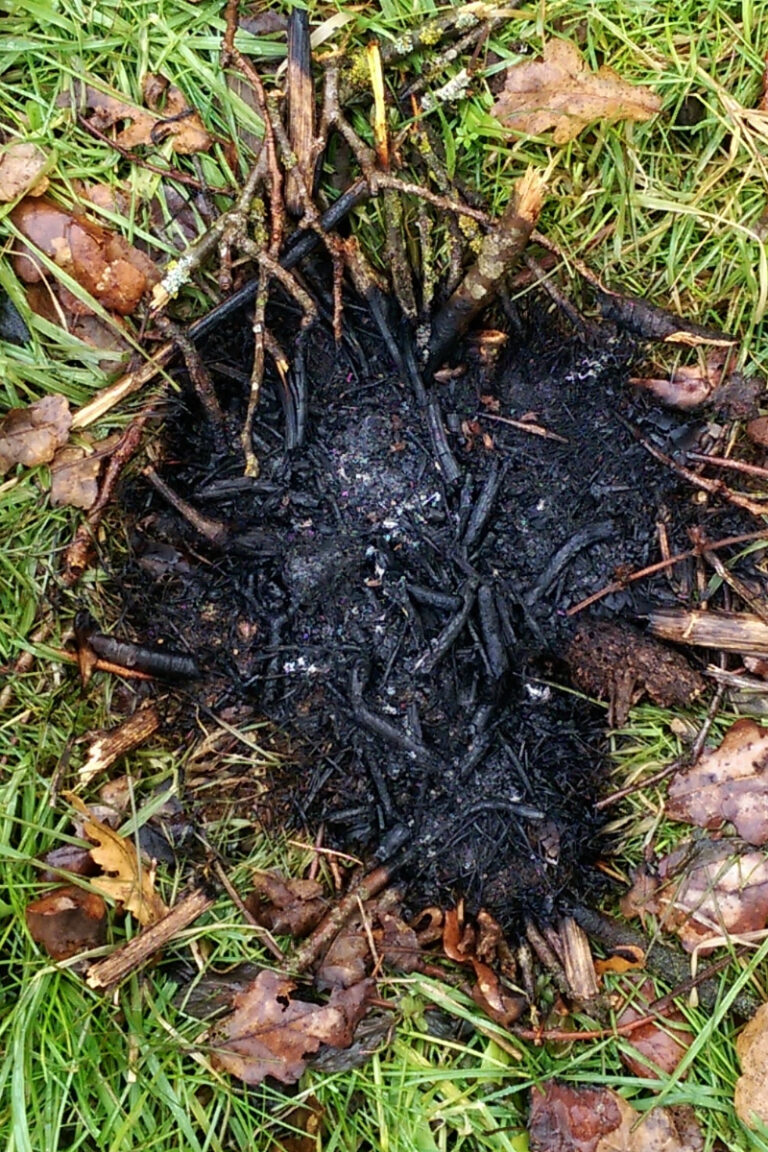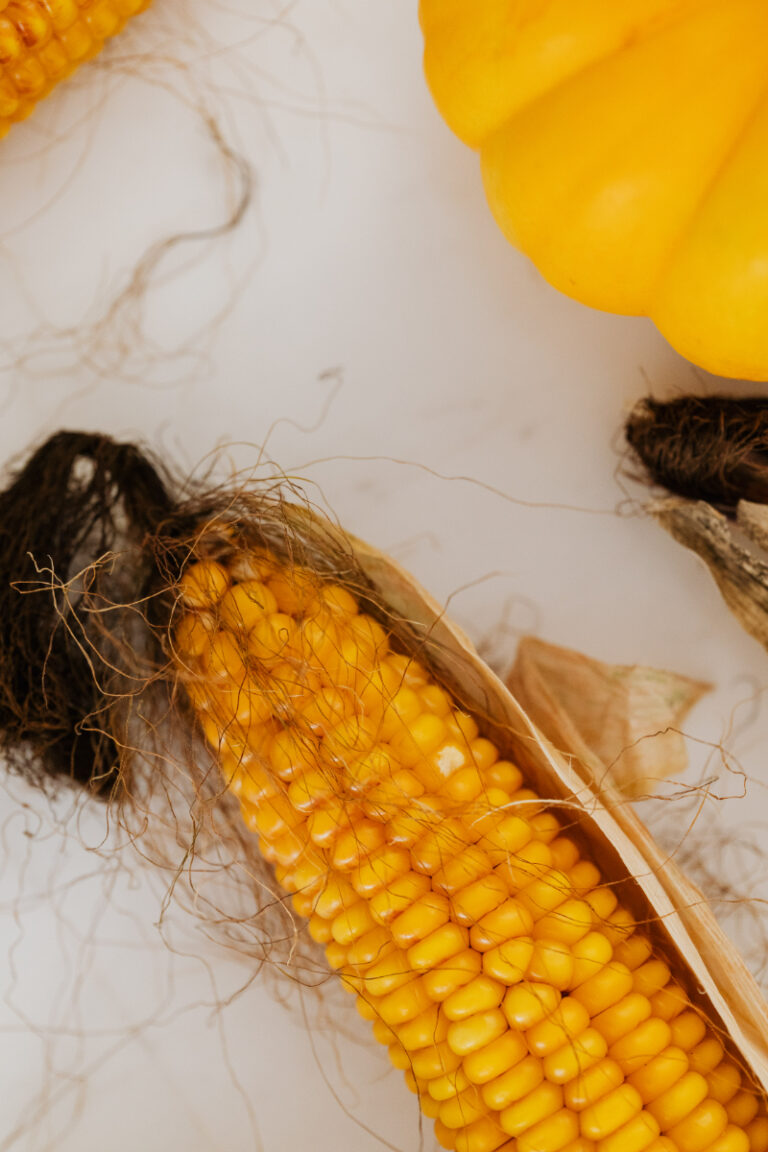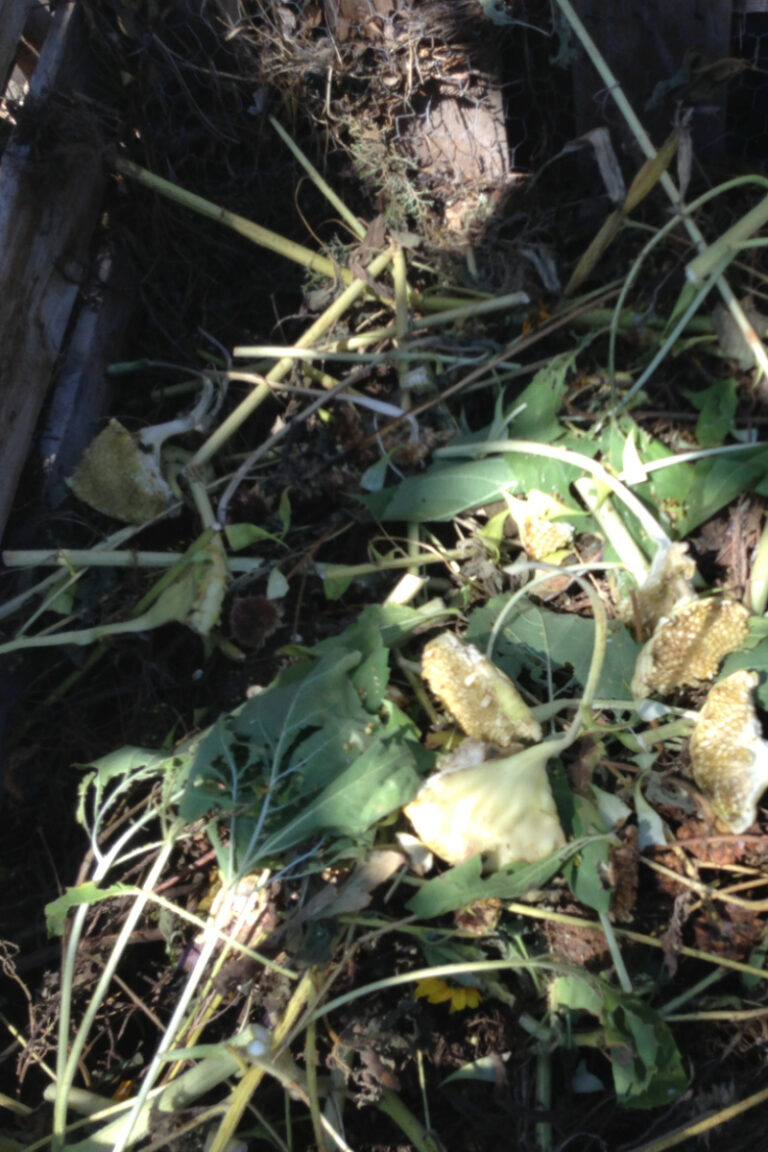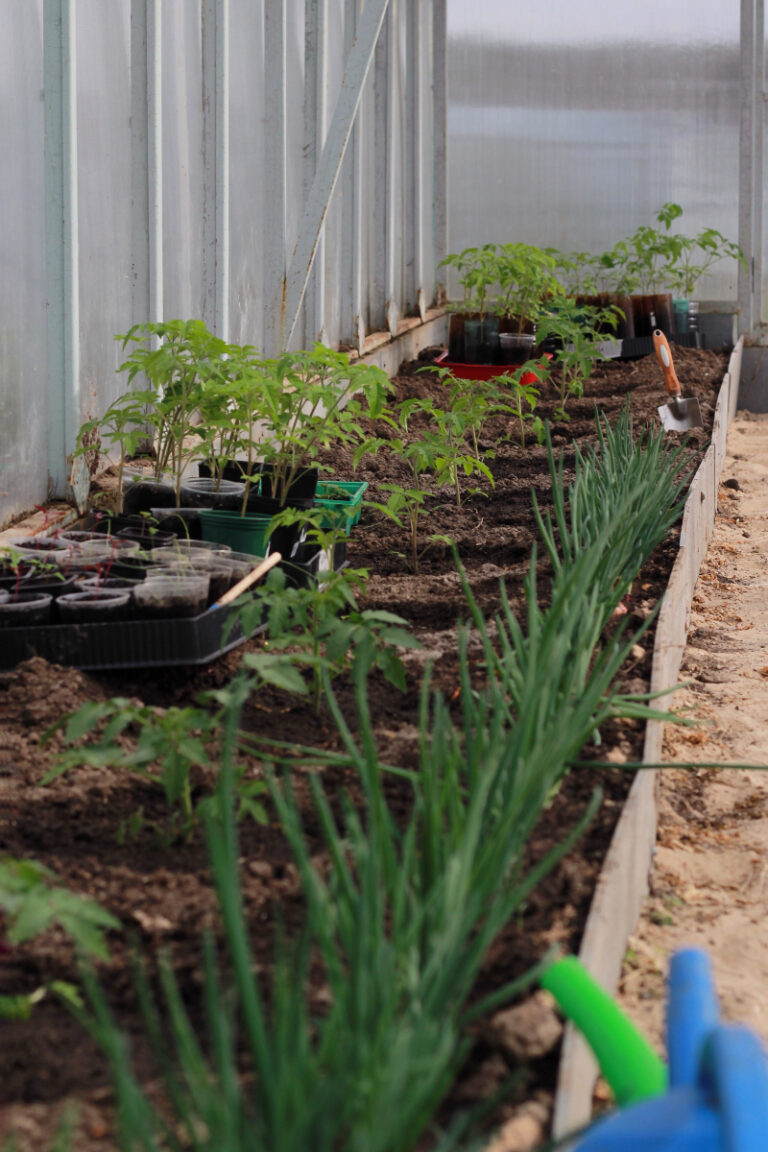Unearth the Truth: Can You Compost Pasta?
Composting is a natural process that turns organic material into a nutrient-rich soil conditioner. This process involves microorganisms such as bacteria and fungi, which break down the organic matter into simpler substances. The end product, compost, is an excellent addition to any garden or plant pot, providing a rich source of nutrients for plants.
The benefits of composting are manifold. Not only does it help reduce the amount of waste going into landfills, but it also reduces the need for chemical fertilizers, promotes higher yields of agricultural crops, and aids in soil preservation.
As an individual, you can contribute to this wonderful, earth-friendly process right at home. In the following sections, we’ll delve into how you can participate in composting, specifically focusing on the question, “Can you compost pasta?”

Your Role in Composting
As an environmentally-conscious individual, your role in the composting process is crucial. By composting your kitchen scraps and yard waste, you’re not only reducing the amount of waste that ends up in landfills but also creating a valuable resource that can enrich your garden or potted plants.
One of the first steps is to understand what types of waste you can compost. The rule of thumb is to compost organic materials. This includes fruit and vegetable scraps, coffee grounds, tea bags, eggshells, grass clippings, leaves, and small branches. These items are rich in nutrients and break down relatively quickly, making them perfect for composting.
However, not all organic waste is suitable for composting. Meat, dairy products, and oily foods can attract pests and create unpleasant odors. They also take a long time to decompose. Similarly, diseased plant material and weeds with seeds are best avoided as they can spread disease and weeds in your garden.
The Big Question: Can You Compost Pasta?
Now, let’s address the question you’ve been waiting for: Can you compost pasta? The simple answer is yes. You can compost pasta. However, as with many things in life, it’s not quite that straightforward. There are certain considerations to keep in mind when adding pasta to your compost pile.
Firstly, it’s essential to understand that pasta is a cooked food product, and it often contains added ingredients, such as oils, sauces, and seasonings. While the pasta itself — made from flour, water, and sometimes eggs — is perfectly safe to compost, these added ingredients can pose challenges.
Oils and fats can create a greasy layer in your compost pile that slows down the composting process by creating a barrier against the air circulation necessary for composting. They can also attract unwanted pests to your compost pile, like rodents.
Sauces and seasonings, on the other hand, may contain high levels of salt or other ingredients that could be harmful to the beneficial microorganisms in your compost. These microorganisms are responsible for breaking down the waste into compost, and high concentrations of salt can inhibit their activity, slowing down the composting process or even halting it altogether.
The type of pasta also matters. Whole grain pasta, being more nutrient-dense and less processed, will break down more readily in a compost pile than white pasta.
Factors You Need to Consider
When it comes to composting pasta, there are several factors you need to consider. As we’ve established, pasta in its simplest form – flour, water, and possibly eggs – is safe to compost. However, the additions we often make to pasta can complicate the process.
1. Added Ingredients
Pasta is rarely eaten plain. It’s usually covered in sauces, oils, or seasonings. These added ingredients can create problems in your compost pile. Oils and fats can slow down the composting process and attract pests, while sauces and seasonings may contain high levels of salt or other preservatives that are harmful to the beneficial microorganisms in your compost.
2. The Type of Pasta
The type of pasta you’re composting also matters. Whole grain pasta will break down more readily in a compost pile than white pasta because it’s less processed and more nutrient-dense.
3. Moderation is Key
Like many things in composting, moderation is key. Adding too much pasta at once can upset the balance of your compost pile, leading to a slow decomposition process and potential odor problems.
4. Temperature and Moisture Levels
The composting process is dependent on the right temperature and moisture levels. Too much pasta can make your compost pile too wet, while not enough can make it too dry. Both scenarios can slow down the composting process.
The Right Way to Compost Pasta
Now that you’re aware of the factors to consider, let’s walk through how you can compost pasta effectively and responsibly.
1. Remove Additives
First and foremost, make sure the pasta you’re composting is as plain as possible. Remove any sauces, oils, or seasonings that could hinder the composting process or attract pests. If you have pasta leftovers that are mixed with these additives, it’s better to dispose of them in another way.
2. Break it Down
Before adding pasta to your compost pile, break it into smaller pieces. This will help the pasta decompose faster and prevent it from clumping together and forming a barrier that prevents air circulation.
3. Add in Moderation
Remember that moderation is key when composting pasta. Don’t add large amounts at once. Instead, sprinkle small amounts into your compost pile or bin over time. This will help maintain a balanced compost pile and avoid potential issues like odors and slow decomposition.
4. Mix It Up
After adding pasta to your compost pile, make sure to mix it in well with other compost materials. This will help the pasta break down more quickly and efficiently, and it will also help prevent pests.
5. Monitor Your Compost
Keep an eye on your compost pile after adding pasta. If you notice any issues, such as a bad smell, a slow decomposition rate, or the presence of pests, you may need to adjust your composting practices.
Other Food Scraps You Can Compost
In addition to pasta, there are many other types of kitchen waste that you can compost. Incorporating a variety of organic materials will not only help you reduce waste but also create a richer, more balanced compost for your garden.
1. Fruit and Vegetable Scraps
These are some of the best materials for composting. They break down quickly and provide valuable nutrients to your compost pile.
2. Coffee Grounds and Tea Bags
Both are rich in nitrogen, which helps to accelerate the composting process. Just make sure to remove any staples from the tea bags before composting them.
3. Eggshells
Rich in calcium, eggshells are a great addition to your compost pile. Crush them before adding to help them decompose faster.
4. Bread and Grains
Like pasta, bread and other grains can be composted. However, they should be used in moderation and should not contain any mold.
5. Nut Shells
These add a nice bit of ‘brown’ material to your compost pile, helping to balance out the ‘green’ kitchen waste. Avoid walnut shells, though, as they contain a compound that can be toxic to some plants.
6. Corn Cobs and Husks
These break down more slowly than other kitchen waste, but they do eventually compost and add good structure to your compost pile.
Common Composting Mistakes to Avoid
Composting is an environmentally friendly practice that can greatly benefit your garden. However, it’s not without its challenges. Here are some common mistakes to avoid:
1. Not Balancing Green and Brown Materials
A healthy compost pile should have a mix of ‘green’ materials (fruit and vegetable scraps, coffee grounds) which provide nitrogen, and ‘brown’ materials (leaves, straw, cardboard) which provide carbon. A lack of balance between these two types of material can slow down the composting process and lead to unpleasant odors.
2. Adding the Wrong Materials
Not all organic matter belongs in the compost bin. Meat, dairy products, diseased plants, and pet waste can introduce harmful bacteria or attract pests.
3. Neglecting Your Compost Pile
Composting isn’t a set-it-and-forget-it activity. You need to turn your compost pile regularly to ensure proper air circulation and speed up the decomposition process. If you neglect this, your compost pile may take longer to break down.
4. Letting Your Compost Dry Out
Compost needs moisture to break down effectively. If your compost pile is too dry, the decomposition process will slow down. Make sure to add water to your compost pile if it seems too dry – it should feel like a wrung-out sponge.
5. Composting Too Much Pasta at Once
As we discussed earlier, while pasta is compostable, it should be added in moderation and without additives like sauces or oils. Adding too much pasta at once can upset the balance of your compost pile and lead to potential issues.
Wrapping Up: The Importance of Responsible Composting
We’ve covered a lot of ground in this guide, from the basics of composting to the specifics of composting pasta. The key takeaway is that composting is a valuable practice that can help you reduce waste and enhance the health of your garden, but it needs to be done responsibly.
When composting pasta, remember to remove any sauces or oils, break it into smaller pieces, add it in moderation, mix it well with other compost materials, and monitor your compost pile for any potential issues.
Beyond pasta, there are many other kitchen scraps you can compost, from fruit and vegetable scraps to coffee grounds and eggshells. Just remember to avoid composting meat, dairy products, and oily foods, and always strive for a balance between ‘green’ and ‘brown’ materials in your compost pile.
Also, keep in mind the common composting mistakes we discussed, such as neglecting your compost pile, letting it dry out, and not balancing green and brown materials. By avoiding these pitfalls, you’ll be well on your way to creating rich, healthy compost that your plants will love.
Composting is more than just a way to dispose of kitchen waste. It’s a commitment to sustainability and a way to give back to the earth. So whether you’re a seasoned composter or just getting started, keep up the good work. Your garden, and the planet, will thank you.

